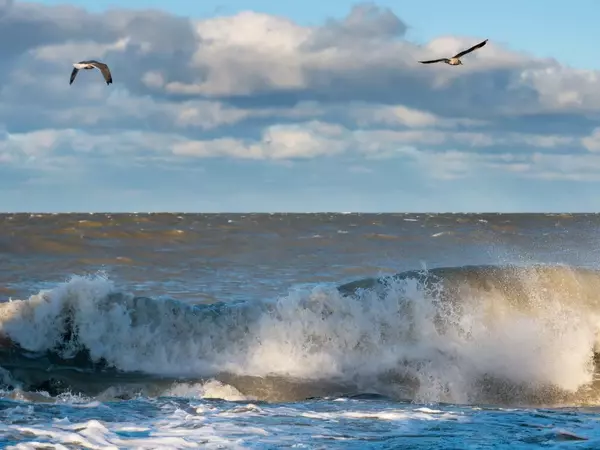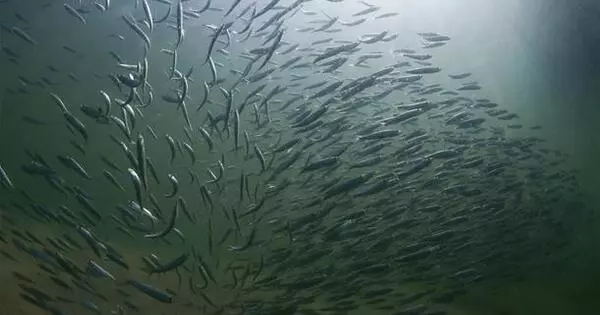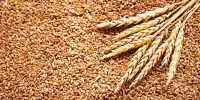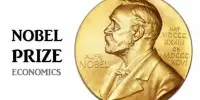Unfortunately, due to exploitation and economic activities, the Baltic is also one of the most polluted seas in the world. One of the most serious threats to Baltic fish stocks is unsustainable fishing. Destructive fishing practices such as bottom trawling, high bycatch rates, and illegal, unregulated, and unreported (IUU) fishing all contribute to the degradation of Baltic Sea marine habitats.
The first ecosystem model of the western Baltic Sea’s entire food web predicts how marine life in the region will react to various fisheries scenarios and additional human-induced stressors. According to the model simulations, ecosystem-based fisheries management would restore stocks of commercially important fish species as well as the endangered harbour porpoise population. Marine life would become more resilient, and new opportunities for carbon sequestration would emerge, according to a team of marine scientists led by GEOMAR Helmholtz Centre for Ocean Research Kiel (Germany) in a study published today in Frontiers in Marine Science.
Decades of overfishing, together with nutrient pollution, rapid increase in hypoxia, ocean warming and acidification have put fish and harbour porpoise (Phocoena phocoena) in the western Baltic Sea at risk of collapse. But the commercially relevant stocks of cod (Gadus morhua), herring (Clupea harengus) and sprat (Sprattus sprattus) can be restored and prospects for marine mammals be improved, according to a team of marine scientists from GEOMAR Helmholtz Centre for Ocean Research Kiel (Germany), the German Federal Agency for Nature Conservation (Bundesamt für Naturschutz, BfN, Germany) and the Institute of Biosciences and Bioresources at the National Research Council (CNR) of Italy.
The European Union’s Common Fisheries Policy requires an end to overfishing by 2020 and the subsequent rebuilding of healthy and resilient ecosystems. The main cause of the recent collapse of herring, cod, and profitable western Baltic fisheries in general was past and present overfishing, not climate change.
Dr. Rainer Froese
The researchers used model simulations to test five scenarios ranging from no fishing to ecosystem-based fisheries management. This method takes into account the roles of species within their ecosystem and adjusts catches accordingly to keep fish stocks healthy, productive, and resilient. According to a study published in the scientific journal Frontiers in Marine Science, ecosystem-based fisheries management would allow the endangered harbour porpoise population to recover and significantly increase herring and cod catches within a decade. The food web would become less vulnerable to eutrophication and climate change, as well as more capable of supporting carbon sequestration than in a business-as-usual scenario assuming current fisheries practices are maintained.
The study benefits from years of data collection at GEOMAR. Building on a first prototype and a huge amount of data, the researchers now developed the first model for the western Baltic Sea that includes top predators such as harbour porpoise and seals, various fish species and other marine animals, plankton, algae and seaweeds, as well as their interactions under different scenarios. “Looking at the big picture of the food web helps to identify management options that sustain important food resources and dependant businesses,” emphasises Dr. Marco Scotti, marine ecologist at GEOMAR and CNR, lead author of the recent publication.

Ecosystem-based fisheries management would imply to stop catching juvenile cod, reduce catches of herring and sprat to half of the maximum sustainable yield – the highest possible harvest per year that can be sustained over time and catches of adult cod and flatfish to 80 per cent of the maximum sustainable yield. This approach was compared to a business-as-usual scenario characterised by average fishing mortalities for all exploited stocks during the years 2015 to 2019.
By 2050, cod stocks will be slightly lower than in 2019 and herring stocks will be nearly half the size they were in 2019. Sprat and flatfish populations are increasing to some extent, indicating a significant regime shift. Ecosystem-based fisheries management, on the other hand, would result in an increase of nearly 70% in cod and 50% in herring catches by 2050 compared to 2015 to 2019. Flatfish catches would increase by nearly 20%, but with significantly less fishing effort and cost. When compared to business as usual, the potential for carbon sequestration under ecosystem-based fisheries management would be more than three times greater.
“The European Union’s Common Fisheries Policy requires an end to overfishing by 2020 and the subsequent rebuilding of healthy and resilient ecosystems,” says Dr. Rainer Froese, a fisheries biologist at GEOMAR and co-author of the study.
“The main cause of the recent collapse of herring, cod, and profitable western Baltic fisheries in general was past and present overfishing, not climate change.” Continued business as usual would also put the critically endangered harbour porpoise on the verge of extinction. Ecosystem-based management, on the other hand, would rebuild healthy stocks and fisheries and even aid in the fight against climate change. Saving the western Baltic requires a moratorium on cod and herring fishing for a few years, until these stocks recover. During this time, fishers need to be compensated for their losses. Fishing for plaice and other flatfish can meanwhile continue.”













